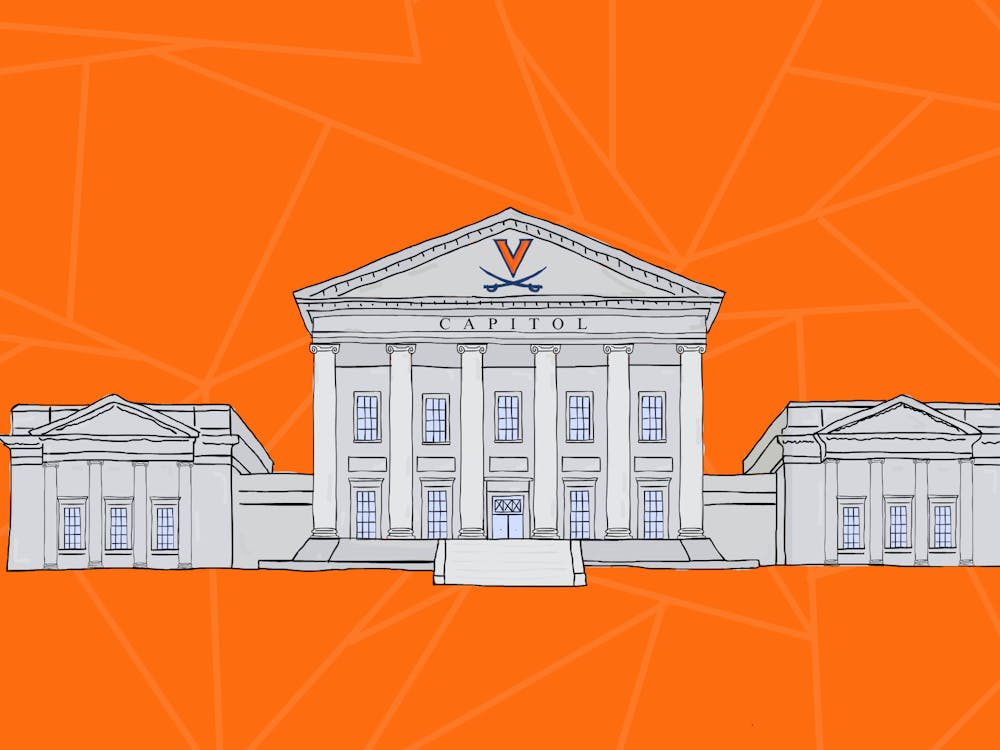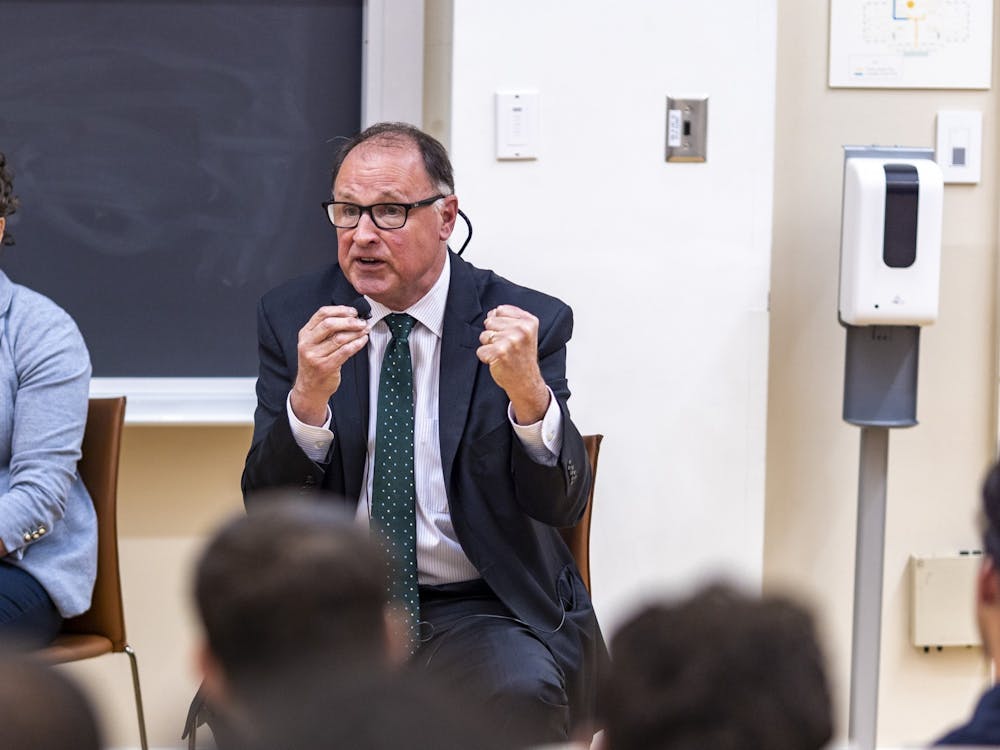The Obama administration on Monday announced a plan to improve the process of applying for federal grants and loans by simplifying the Free Application for Federal Student Aid, or FAFSA, for students and their families.
In the past year, the Obama administration has attempted to streamline the FAFSA application process by allowing families to electronically access and file income information from the IRS onto the form and to skip questions not pertaining to their financial situation.
University President Teresa Sullivan spoke in support of the plan, though she said there is more that needs to be done.
Sullivan said she lobbied both Congress and the Department of Education regarding the matter in 2013, calling it “an idea that we really need to pursue.”
"I think this could really make a difference for a lot of low-income kids who would like to go to college…[but] it doesn’t get us as far as we really need to go,” Sullivan said.
According to a Sept. 14 press release from the Office of the Press Secretary, an estimated 2 million students currently enrolled in college who would be eligible for a Pell Grant never applied for aid, and an unknown number never enroll in college because aid is not readily available to them.
To counteract these trends, students will be able to file a 2017-18 FAFSA as early as Oct. 1, 2016, rather than Jan. 1. In addition, beginning with the 2017-18 FAFSA, students will be able to report income information from an earlier tax year.
Several third party participants are also mentioned in the new plan. The National Association of Student Financial Aid Administrators, the National College Access Network, Scholarship America and the American Council on Education are listed as supporting agencies.
Carrie Warick, director of partnerships and policy at The National College Access Network, said she is excited to see a change which will ease the burden and time spent filling out forms for students applying to college. The National College Access Network is a nonprofit organization dedicated to providing assistance to low-income and underrepresented students applying for aid.
“We know a lot of students don't complete the forms because of the number of questions or because they’re forced to estimate numbers,” Warick said.
A total of 108 questions, the FAFSA form is still much too long and arduous to complete for many families, Warick said, though the current change is a step in the right direction.
“We’re definitely looking for a streamlined, simplified FAFSA,” Warick said.
American Council on Education President Molly Corbett Broad also released a statement on the new plan which commends the implementation of using “prior-prior year” income information on the FAFSA. This allows students to fill out the form earlier in the fall, before the current year’s tax information is even available from the IRS, she said.
Fourth-year College student Melanie Witten, coordinating chair of United for Undergraduate Socioeconomic Diversity, said she supports the new plan and hopes it will make the University a more accessible school for low-income and underprivileged students.
UFUSED is a national coalition of students working to encourage the support of low socioeconomic status students at colleges and universities.
“Now students will be able to actually know their aid packages before they commit,” Witten said. “At least with having this information earlier, school will be more accessible to more students who need that aid to decide.”
The FAFSA form can be difficult for students of lower-income backgrounds to fill out, particularly when parents often have no familiarity with or are unable to assist in completing the form, Witten said. By making the process more approachable, Witten said she hopes students will better understand their opportunities and the availability of aid.
“Now people who need that aid the most will have better financial access to it,” Witten said.







